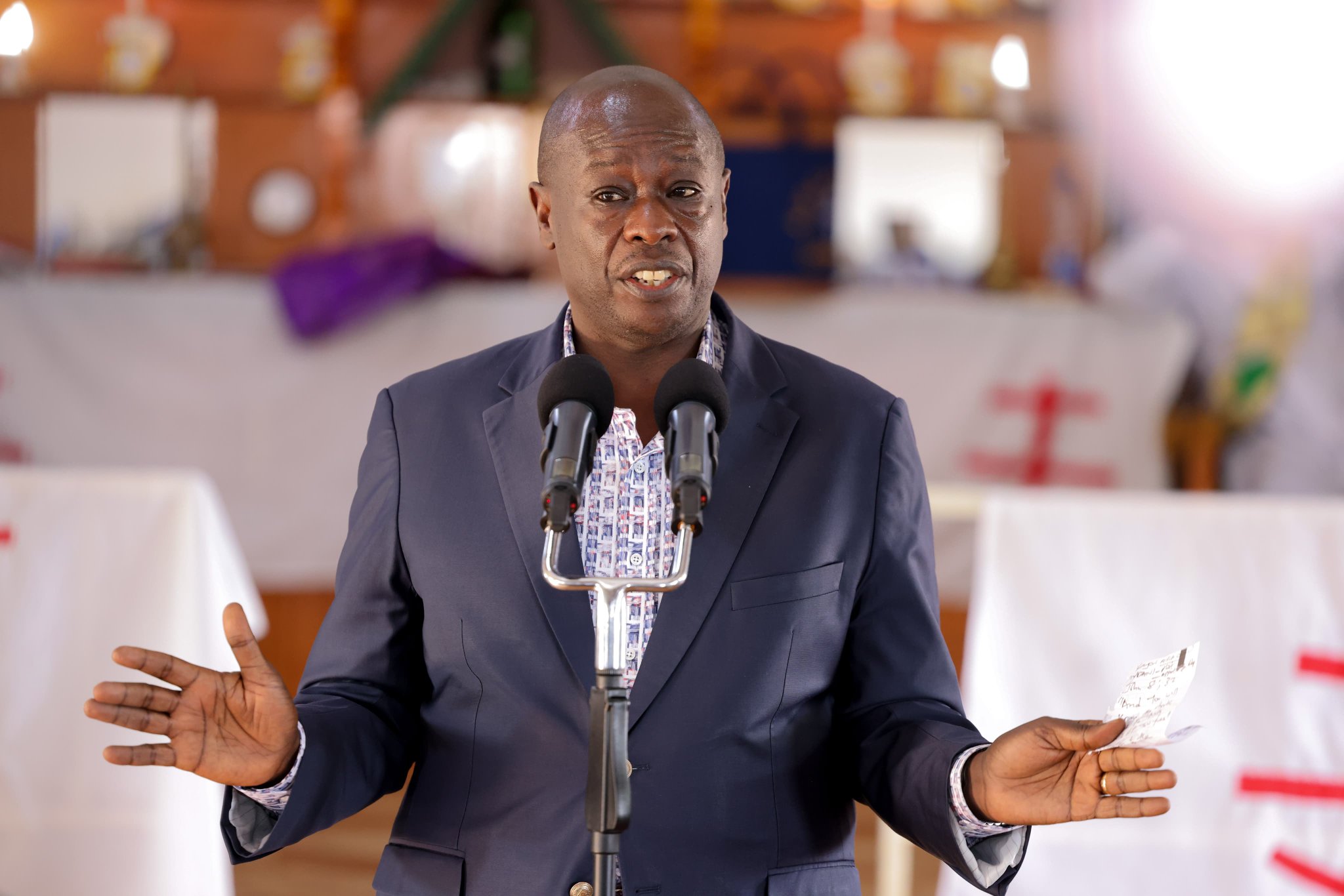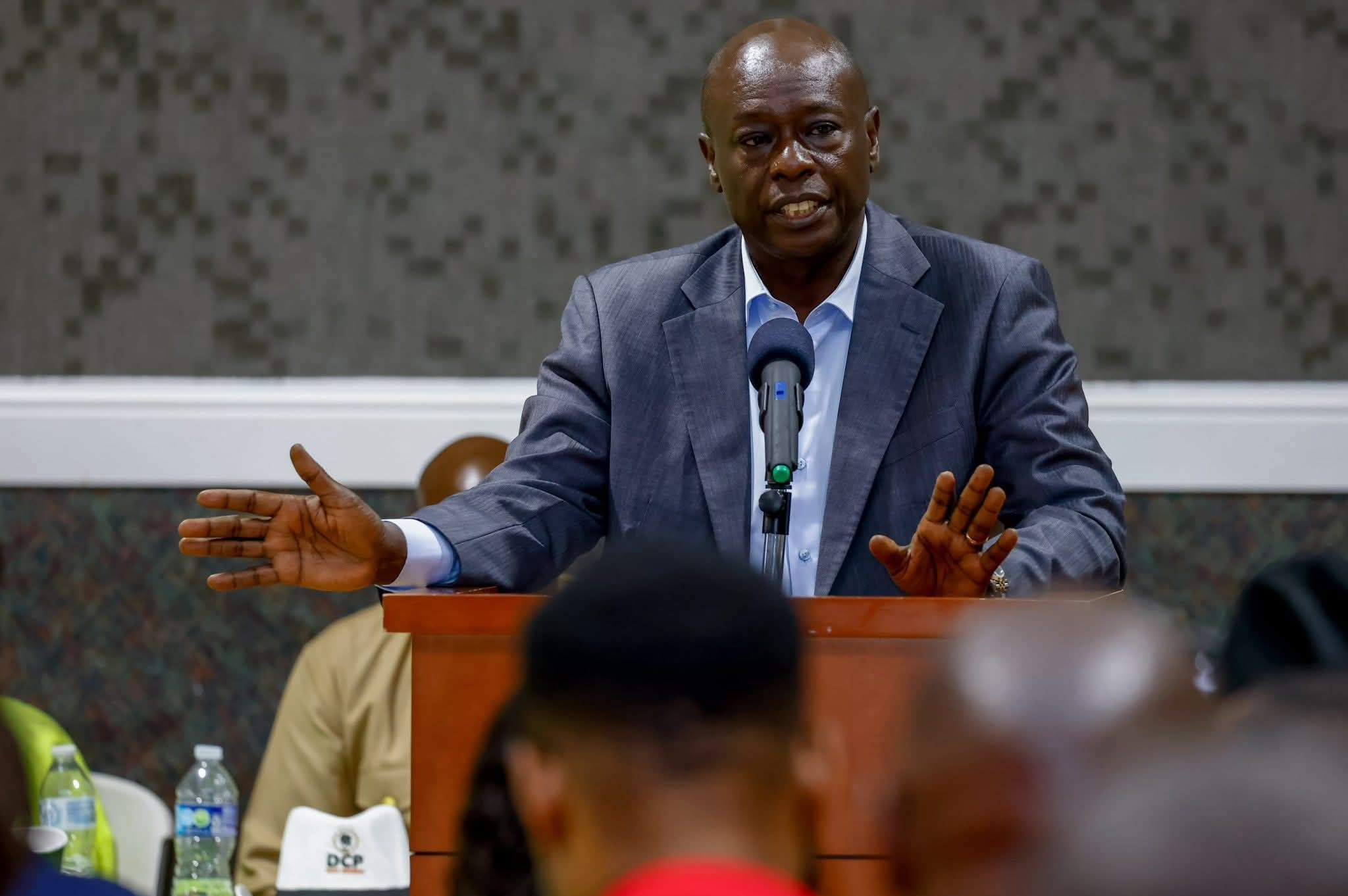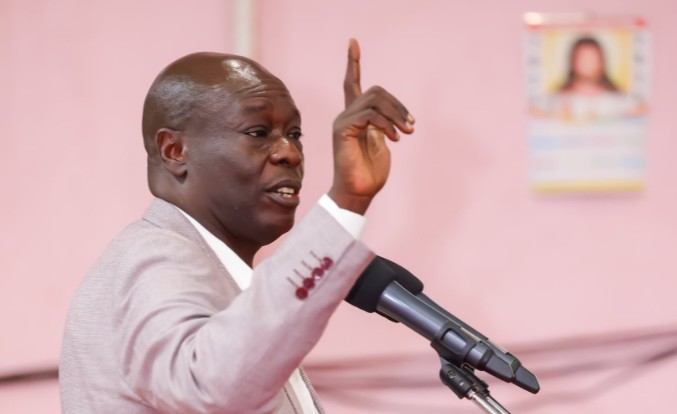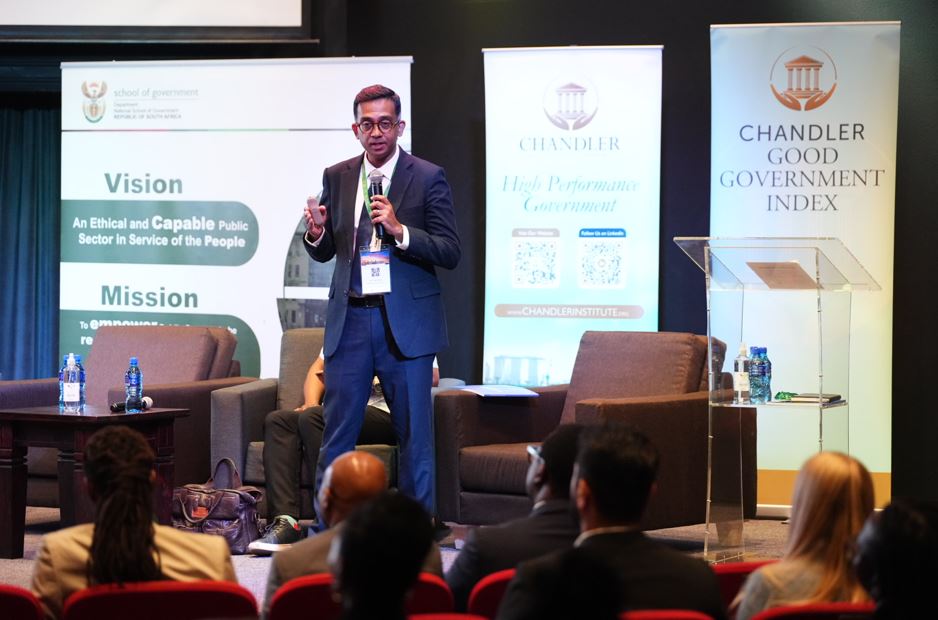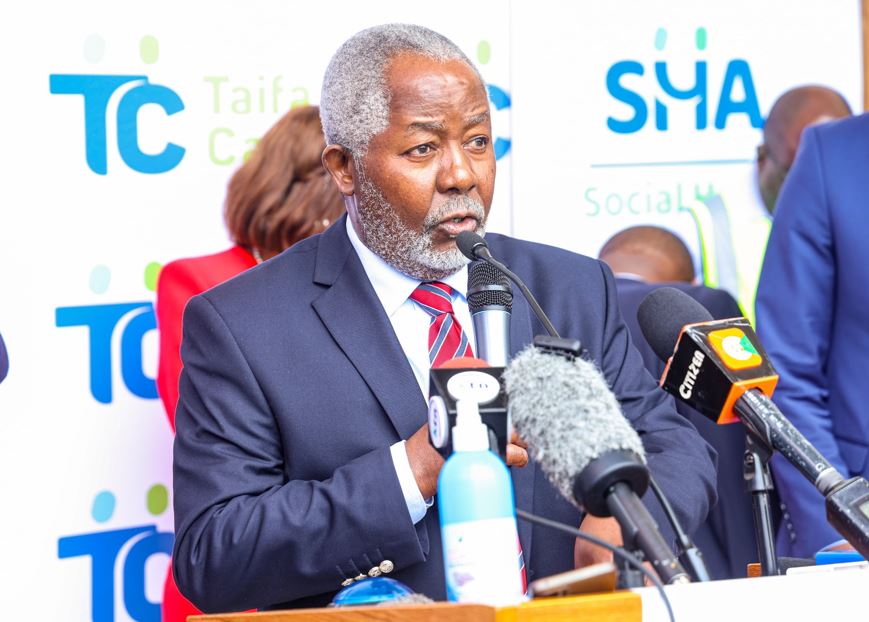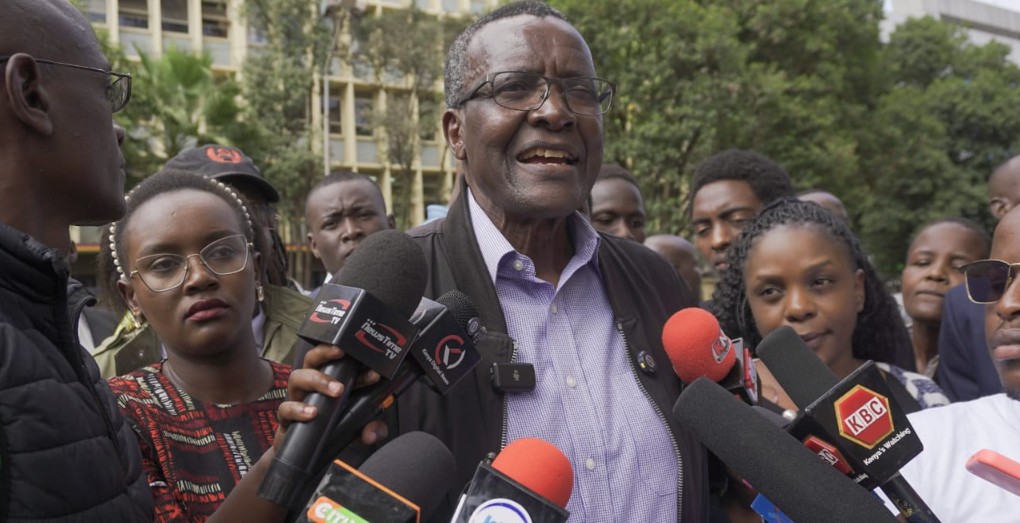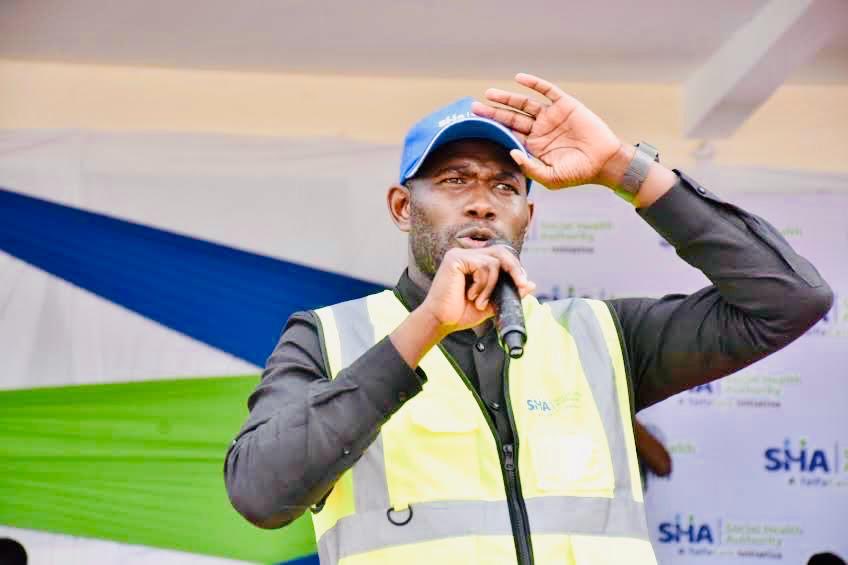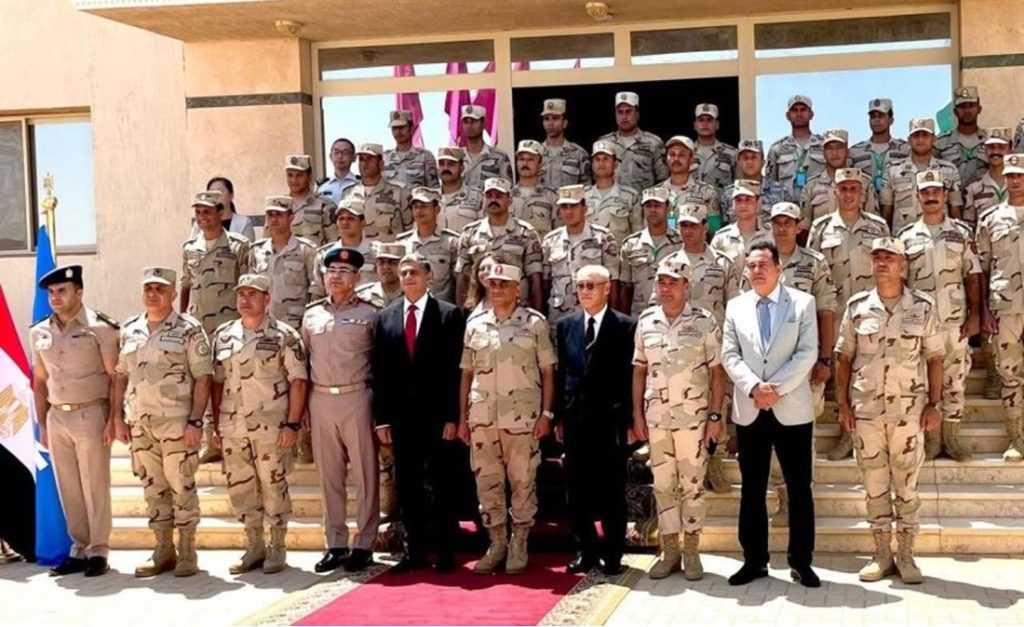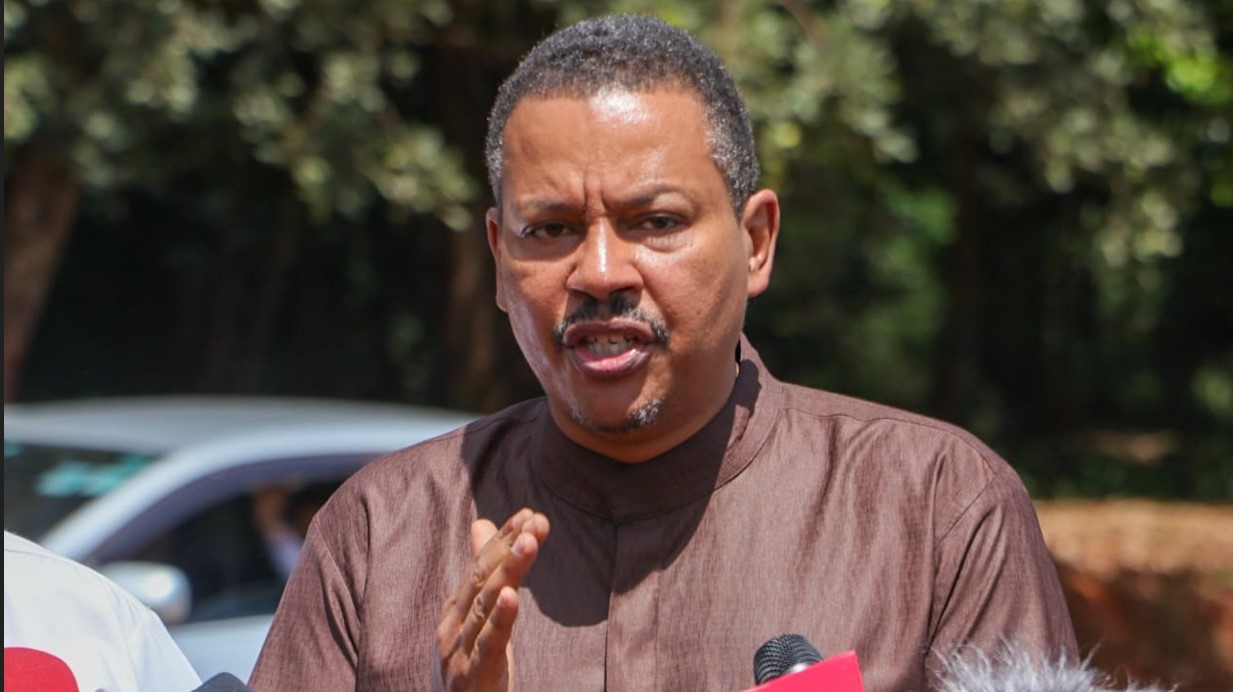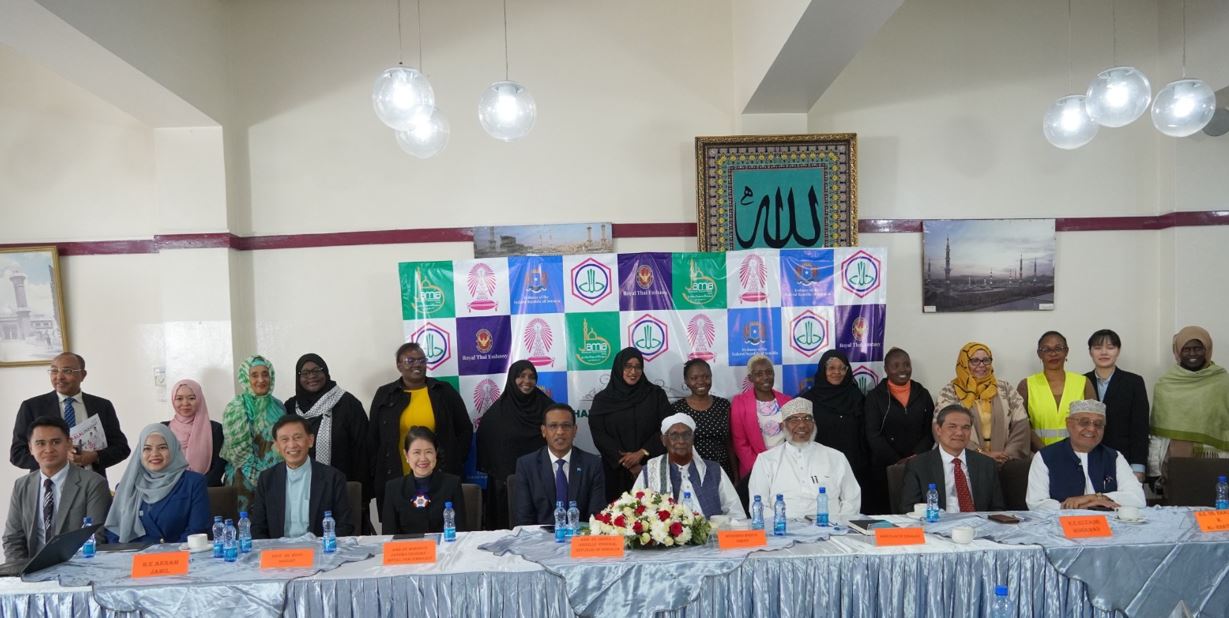How Africa should reimagine its trade future upon AGOA’s expiry in September - experts
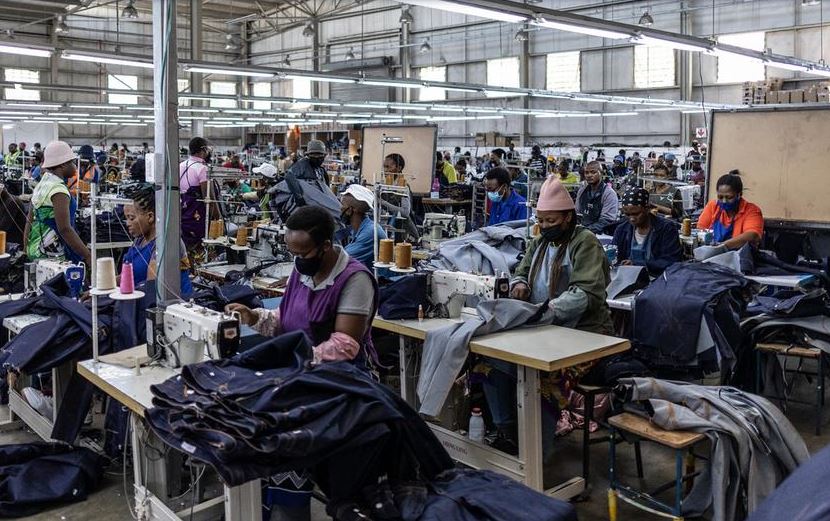
The World Economic Forum emphasises that the AfCFTA must move from being a political promise to an operational force.
As the African Growth and Opportunity Act (AGOA) approaches its expiration on September 30, 2025, global experts at the World Economic Forum (WEF) are urging African nations to seize the moment to redefine their trade strategy.
Rather than clinging to the uncertain hope of AGOA’s renewal, the economists are calling on African leaders to focus on three key strategic pathways.
More To Read
- Kenya, US agree to initiate plans on new trade deal as AGOA winds down in September
- Ruto defends China trade relations amid US Senate scrutiny of Kenya’s global ties
- Why Kenyan SMEs struggle to break into export market despite government push
- 9/11 mastermind’s plea deal thrown out by US court
- Trump’s 30 per cent tariff on South Africa not backed by trade data — Ramaphosa
- Why is Trump meeting five African presidents this week?
These are strengthening the African Continental Free Trade Area (AfCFTA), building robust financial infrastructure, and embracing digital trade to ensure long-term, self-sustaining growth.
Firstly, WEF emphasises that the AfCFTA must move from being a political promise to an operational force.
This is to enable seamless regional trade and reduce dependence on volatile external arrangements.
According to the lobby, AfCFTA is the world’s largest free trade area by number of participating countries.
It, however, reckons that progress since its 2021 launch has been uneven, with both promising developments and persistent challenges.
“Challenges include asymmetrical political commitment, limited market access, and security concerns,” the lobby says.
“Moreover, the mixed track record of Africa’s regional economic communities, which were intended to boost trade within sub-regions, raises concerns about the AfCFTA’s potential effectiveness.”
Nonetheless, it maintains a brave face, saying that if fully implemented, the AfCFTA could transform Africa’s economic landscape by reducing dependence on external partners, fostering regional value chains, and promoting local manufacturing.
“To accelerate implementation of the AfCFTA, African governments must move from broad commitments to targeted national action. Developing and executing AfCFTA strategies aligned with each country’s trade priorities is essential.”
In tandem, the economists point to the urgent need to develop Africa’s financial systems to support this new trade paradigm, including the harmonisation of regulations, deepening capital markets, and integrating cross-border payment systems.
Digital transformation is highlighted as the third focus area, with rapid expansion in fintech, digital services, and e-commerce presenting untapped opportunities to diversify Africa’s exports and global engagement.
The lobby acknowledges that Africa’s digital economy is expanding rapidly, opening new export frontiers beyond traditional goods.
Sectors such as fintech, software development, digital services and creative industries are growing across the continent.
Notably, between 2016 and 2021, internet users in the region increased by 115 per cent, and more than 191 million people adopted digital payment systems between 2014 and 2022.
In 2021, fintech startups attracted about $2 billion (Sh258.5 billion), making up around 60 per cent of all venture capital deployed in African startups.
Nigeria, Kenya, and South Africa emerged as the dominant hubs in fintech funding that year.
To sustain this momentum, Wef says governments should invest in digital infrastructure, develop regulatory frameworks, and build digital skills.
It notes that initiatives like the World Bank’s Digital Economy for Africa and the African Union’s Digital Transformation Strategy 2020–2030 provide a roadmap.
“By engaging in global digital trade forums such as the World Trade Organisation, Africa can ensure its interests are reflected in the rules governing the future digital economy.”
Since its inception in 2000, AGOA has been a cornerstone of US-Africa trade relations, granting eligible African countries duty-free access to the US market for thousands of products.
However, recent shifts in US trade policy have made it defunct.
For instance, in early July, Lesotho declared a state of disaster after the US imposed a 50 per cent tariff on its exports and withdrew United States Agency for International Development (USAID) support.
Rather than waiting for an unlikely official decision on AGOA’s renewal, Wef reiterates that African governments have the chance to proactively shape a trade strategy that is regionally integrated, digitally enabled and geopolitically informed.
Top Stories Today

